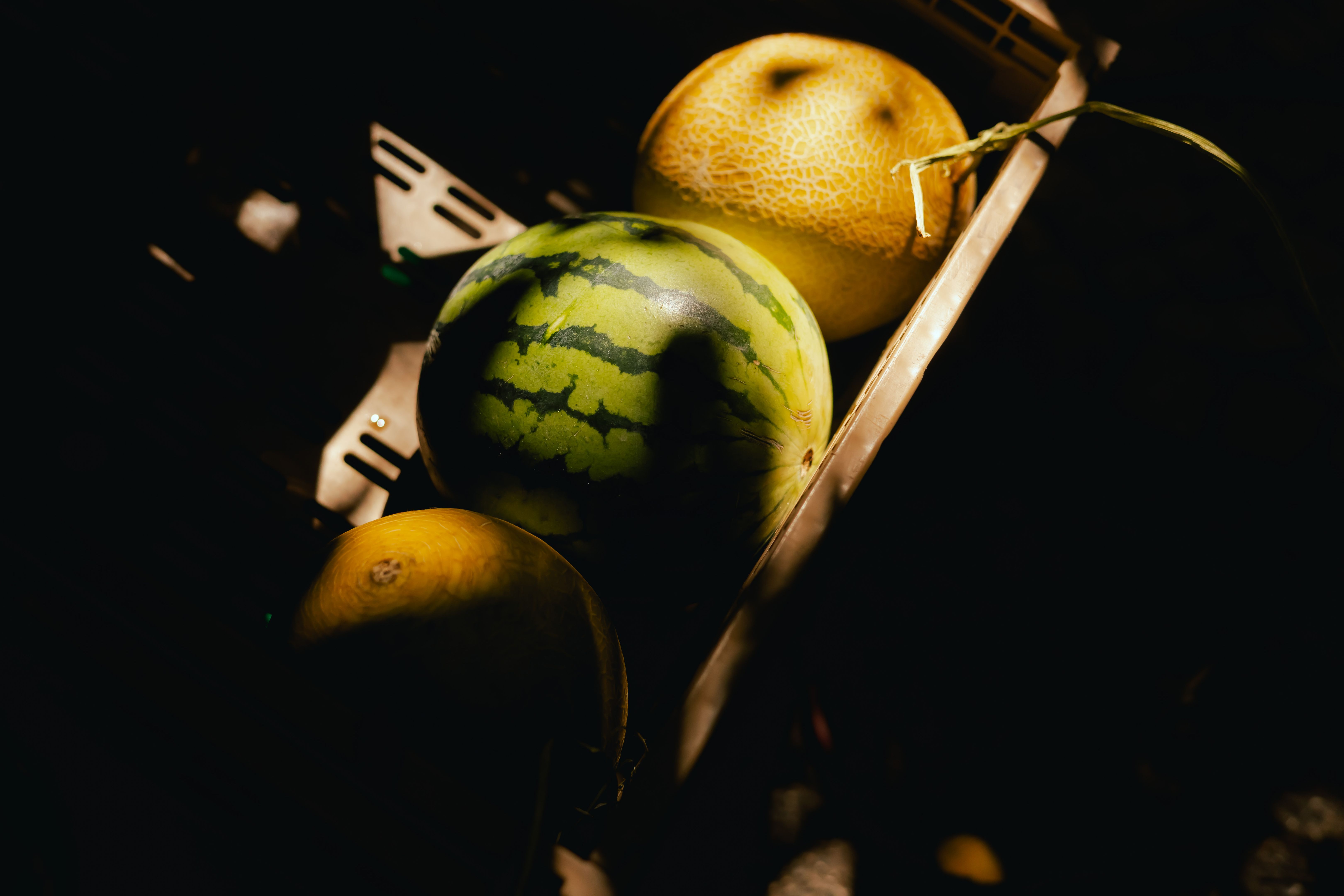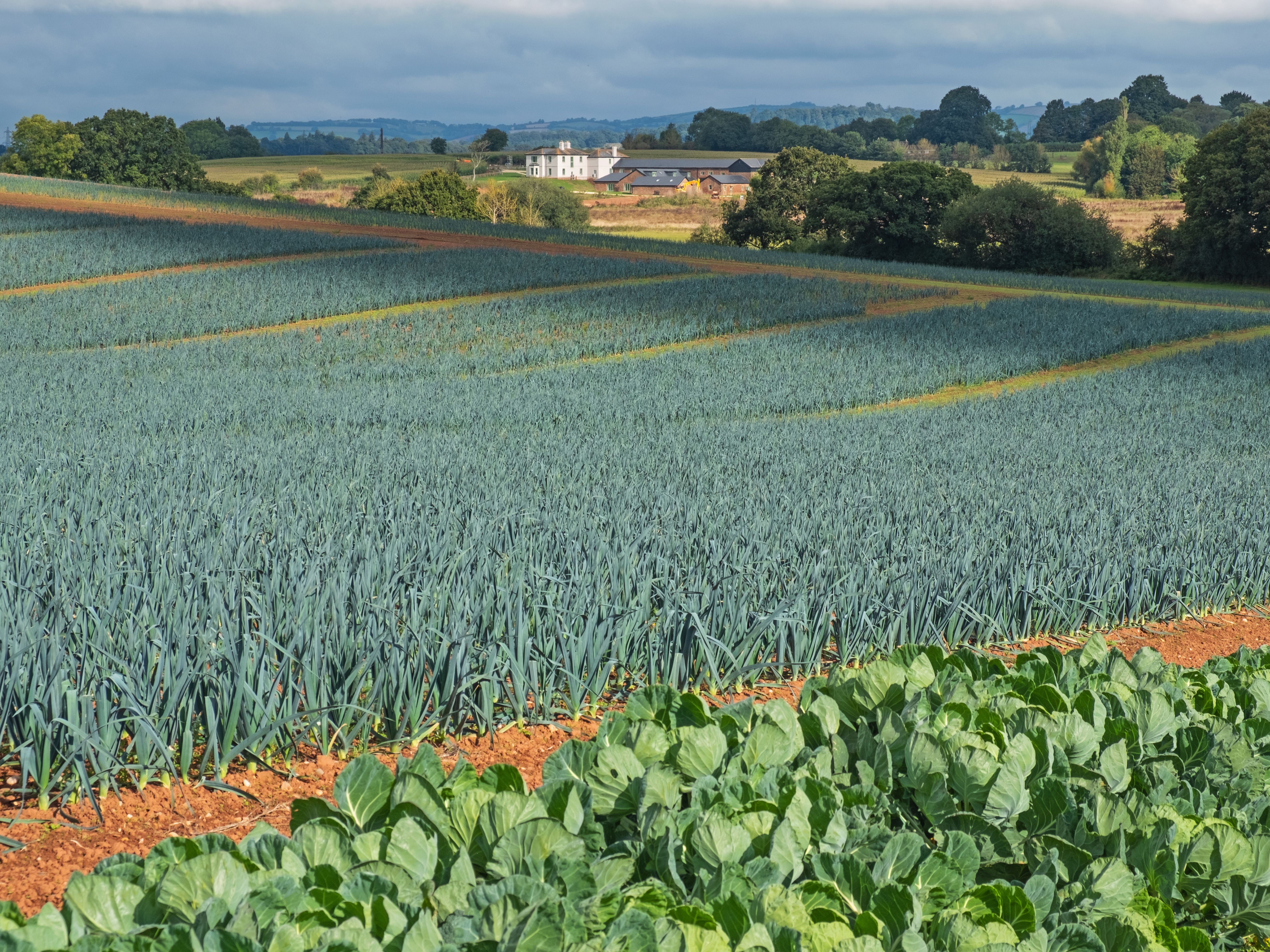The Rise of Organic Products: Trends and Insights for US Farmers
The organic products market in the United States has been experiencing a significant surge over the past few years. This trend is reshaping the agricultural landscape, prompting many farmers to consider transitioning from conventional to organic farming methods. Understanding the dynamics behind this shift is crucial for farmers looking to capitalize on emerging opportunities.

Understanding the Growth of Organic Products
The demand for organic products is driven by consumers' increasing awareness of health and environmental concerns. A growing number of people prefer foods free from synthetic pesticides, fertilizers, and genetically modified organisms (GMOs). This preference is not just a trend but a reflection of a broader shift towards sustainable living.
According to recent studies, the organic food market in the US is worth over $50 billion and continues to grow annually. This growth is fueled by both domestic consumption and export opportunities, presenting a lucrative avenue for farmers.
Consumer Preferences Driving the Market
One of the key drivers of the rise in organic products is the changing consumer mindset. People are now more informed about the potential health risks associated with conventional farming practices. As a result, there is a notable shift towards organic produce, dairy, and meats.
Additionally, the perception that organic farming is more environmentally friendly is appealing to eco-conscious consumers. This environmental aspect is becoming a significant factor in purchasing decisions.

Challenges and Opportunities for US Farmers
While the organic market offers numerous opportunities, transitioning to organic farming is not without its challenges. Farmers must comply with strict regulations and certification processes, which can be time-consuming and costly. However, the benefits often outweigh the initial hurdles.
Organic farming can lead to higher profit margins due to premium pricing. Furthermore, it enhances soil health and biodiversity, which can lead to more sustainable farming practices in the long term.
Strategies for Transitioning to Organic Farming
For farmers considering the switch, several strategies can facilitate the transition:
- Begin with a small portion of land to test organic practices before scaling up.
- Engage with local organic farming communities for support and guidance.
- Attend workshops and training programs to understand organic farming techniques.

Many farmers have successfully transitioned by gradually integrating organic practices and seeking certification for their products. This approach minimizes risk and allows for better management of resources and expectations.
The Future of Organic Farming in the US
The future of organic farming in the US looks promising. With continuous consumer support and government initiatives encouraging sustainable practices, the organic sector is poised for further growth.
Farmers who adapt quickly to these trends and insights are likely to benefit the most. As the market continues to evolve, staying informed and flexible will be key to success in the organic farming industry.